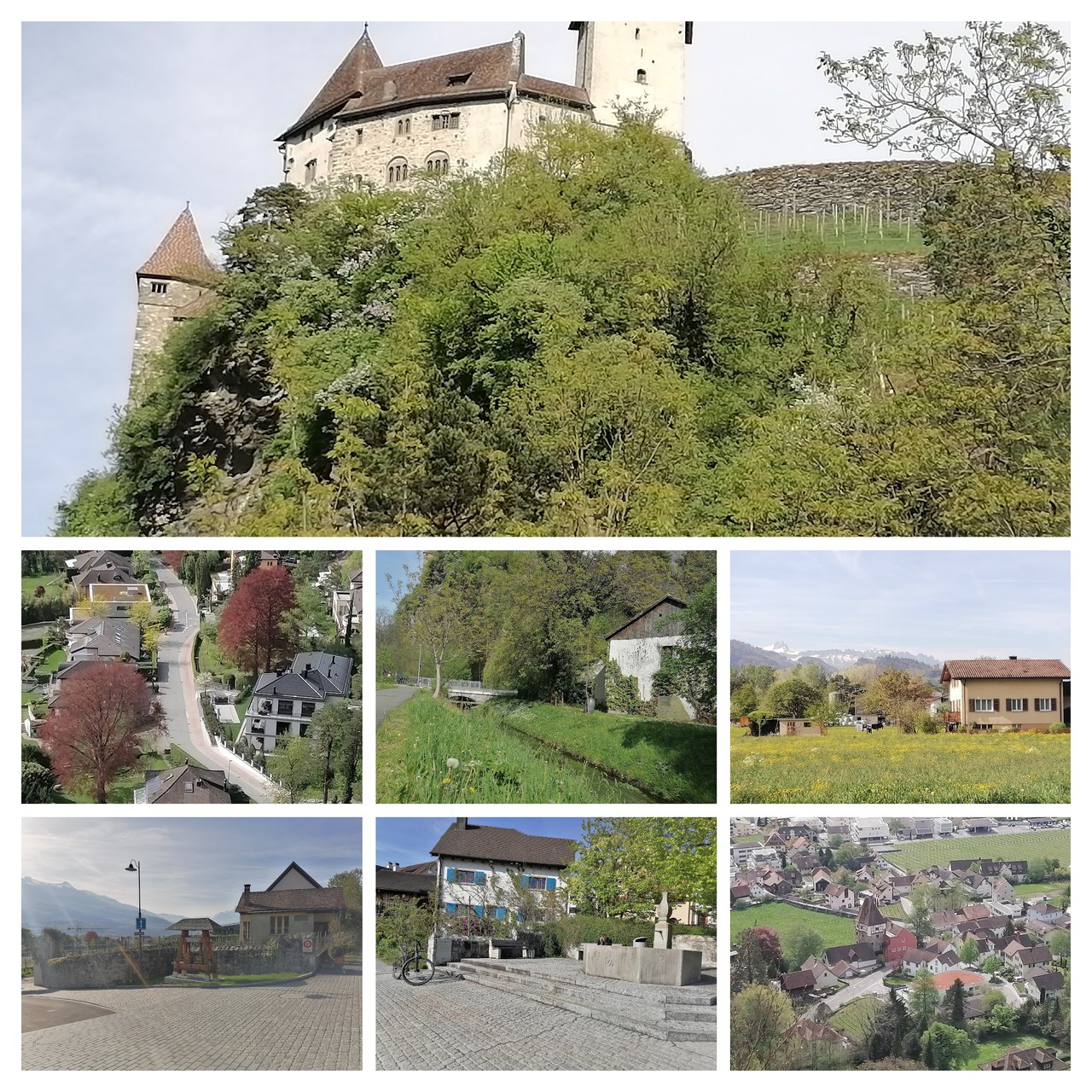My six-month stay continues in this small country nestling in the heart of Europe, where I'm immersed in a fascinating linguistic universe, where dialects and official languages mix and mingle, shaping a unique cultural identit.
Accustomed to the omnipresence of Lëtzebuergesch in everyday life, my arrival in Liechtenstein was a real linguistic shock. I had to swap my familiar Lëtzebuergesch for the country's “Lichtensteiner” dialect, which is very different from standard German.
What's more, I had to deal with the Austrians and Germans Allemanic dialects, “Vorarlbergisch” and “Bayrisch”. Two dialects with guttural sounds. Not to mention the differences in pronunciation, such as the "a" which is pronounced "o" (transforming "Wasser" into "Wosser") or the "r" which is rolled up like in Spanish.
Navigating between these three Alemannic dialects was a daily challenge that pushed me to hone my ear and my understanding of the region's linguistic subtleties.
I quickly realised that German was not a monolithic language, but a kaleidoscope of dialects with distinct sounds and vocabulary. I found Baorisch and Alemannisch confusing, but I can't help smiling when I think of Lëtzebuerg, whose vocabulary can be just as difficult for any German to understand.
The most striking example is undoubtedly the word 'potato'. In this small duchy of 2,586 km², this staple food has a multitude of names depending on the region: "Grondbieren" in the centre, "Aardappel" borrowed from Dutch in the north, "Äerpel" varying from "Aardappel" in the northeast, "Kartoffel" in formal contexts, and "Tüffelen" in the south, influenced by Romance languages.
Despite these differences, I was fascinated by the diversity of expressions and gestures that transcended language barriers, creating a veritable melting pot of cultures and languages. At the events organised by the International Office, laughter and conversation were rife, mixing "Ozapft is! "Saufa", "Bussi", "Gaudi", "Feier" and "Tanzn", "Stimmung", "Festl" for the Bavarians, "Fescht", "Frohsinn", "Ufzüüg", "Schwänzle", "Schwinge" and "Stimmig" for the Swiss and LIechtenstein German speakers, and "Fëschtlager", "Drénken", "Danzfest", "Stëmmung", "Fëschtmusék" for the Luxembourg speakers.
Beyond the words, it was the music, the smiles and the gestures that created a real communion between the international students, demonstrating that communication goes well beyond linguistic borders. I discovered that humour and friendship don't need words to express themselves.
Luxembourg and Liechtenstein, although sharing German as their official language, offer two distinct visions of multilingualism. Luxembourg, with its three official languages and its attachment to Lëtzebuergesch, embodies an assumed multicultural identity. Liechtenstein, on the other hand, oscillates between standard German, the language of formal communication, and the Liechtenstein dialect, the symbol of a local identity rooted in tradition.
A journey to the heart of European identity.
My stay in Liechtenstein ismuch more than a simple language exchange. It isa journey to the heart of European identity, where I am discovereing the richness and diversity of the cultures and languages that shape our continent. I am learning to appreciate the subtleties of dialects, to understand the crucial role they play in preserving local identities, and to savour the beauty of communication that goes beyond words.
